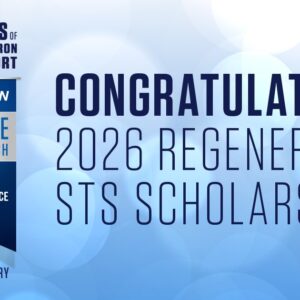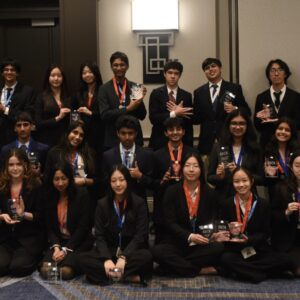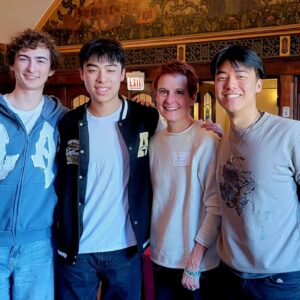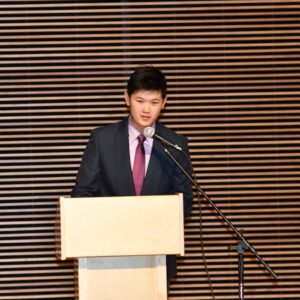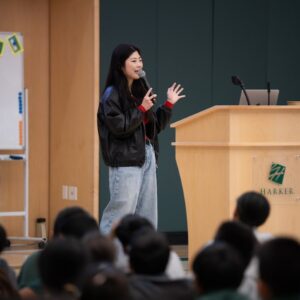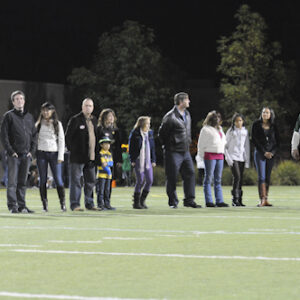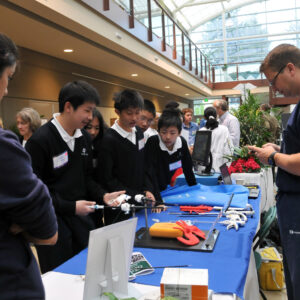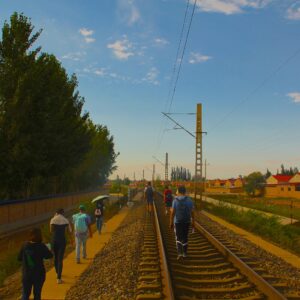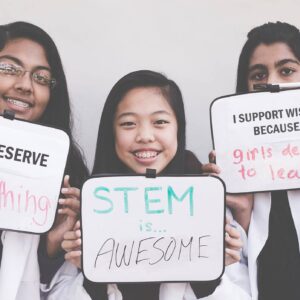This article originally appeared in the winter 2011 Harker Quarterly.
Tevis Howard ’98 spent a gap year in Kenya doing malaria immunology research before attending Brown University to earn a B.Sc. in neuroscience in 2007. While a junior there, he founded KOMAZA, a social enterprise working to get rural families in Kenya out of extreme poverty. Since 2008, KOMAZA (www.komaza.org) has planted more than 650,000 income-generating trees with nearly 3,000 farmers, and is now working to grow more than 3.5 million trees with 15,000 families by 2013. Be sure to check out the videos of KOMAZA’s work when you log onto their site.
Q: When you were at Harker, did you dream of doing what you do now?
A: Never! In school I was passionate about science. Winning the Harker seventh grade science fair encouraged me to continue science through high school and into university. My gap year in Kenya exposed me to a new set of challenges and opportunities, inspiring me to switch my focus from science to social entrepreneurship.
Q: What personal traits make you successful at what you are doing?
A: Passion, creativity, critical thinking, empathy, psychological resiliency and unfailing perseverance; entrepreneurship is rarely easy or straightforward.
Q: What in your life so far took you the longest time to learn?
A: It took me some time to realize the need and passion for applying my efforts and leveraging my good fortunes (great education) to make dramatic and sustainable improvements in the lives of the least fortunate. There are big problems on this planet today – 1 billion people (three times the population of the U.S.) struggle for basic survival in extreme poverty on less than a dollar per day. Now I aspire to create as much positive real- world impact as possible.
Q: What’s on the top of your personal and professional “lists” right now?
A: Professionally, my biggest goals are to hire an experienced president to help me raise growth capital for scaling up. We have great traction in Kenya, but now we need to build the managerial and operational capacity to plant over 25 million trees with 100,000 farmers by 2015, becoming the largest forestry company in East Africa. Most of my current personal goals are also professional goals (like, reply to emails faster!). Once I have more time, I’d like to invest a bit more in rekindling friendships and old hobbies – skiing in California and road trips across Africa.
Q: Tell us something surprising about yourself.
A: Despite being prone to sunburn and not really enjoying beaches, I’ve spent more than six years living and working in coastal, equatorial Kenya. My favorite hobby is mediocre gardening/landscaping.
Q: What advice do you have for current Harker students?
A: Get out and see the world! Before you do, it seems really big; once you have, you’ll realize it’s very small. Educate yourself about the major challenges and opportunities we’re facing as a planet over the next 50 years. There are a dozen or so big issues, and many will become intensely exciting and critically important. We are incredibly fortunate to be born into this hyper-accelerating era of humanity (vs. a hunter-gather 20,000 years ago). As current and recent generations of Harker students, we have more opportunity to make an impact with our lives, to build the world we want, than any previous generation of humanity. And we better get it right – if we don’t, we’ll be in for some rough waters; if we do, the future will yield unimaginable awesomeness.

